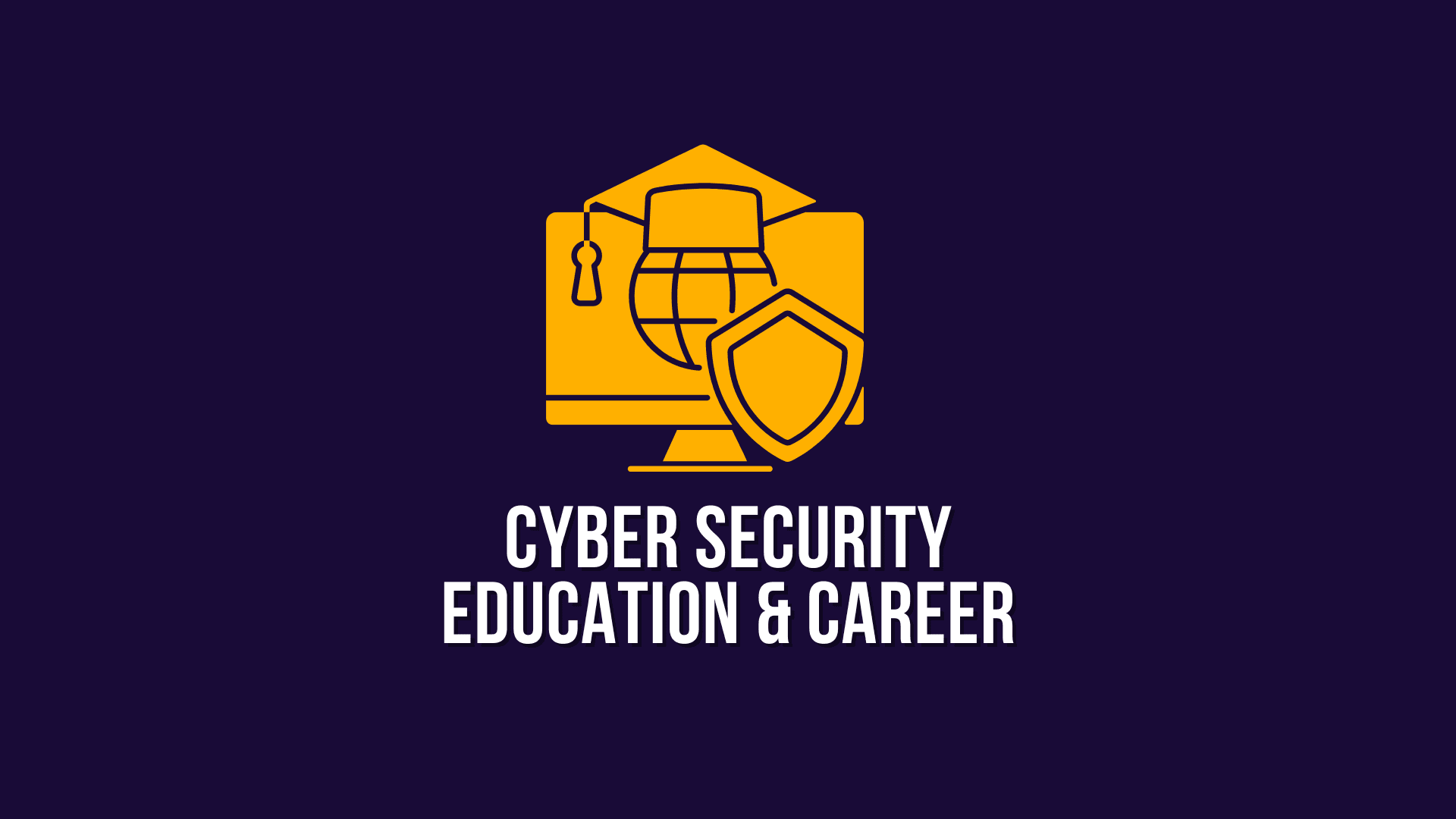Cybersecurity is more crucial than ever in today’s hyper-connected world when digital technology permeates practically every aspect of our lives. Cyber hazards are expanding quickly; businesses in all sectors need qualified people to manage risks and safeguard their digital assets. School programs in cybersecurity are an essential step for people who want to work in this dynamic and in-demand profession. This guide will examine the different types of cybersecurity education programs, significant components, specializations, employment outcomes, and more.
Cybersecurity Education
Cybersecurity education includes many disciplines to prepare people to defend against cyber threats and secure their digital assets. Where practical experience and self-study are essential to skill-making, formal information in cybersecurity gives a systematic framework for acquiring specific skills and knowledge. Cybersecurity school programs involve practical exercises, coursework, and opportunities for experimental learning to prepare students for success in the area.
Cybersecurity School Programs
Here are some types of Cybersecurity School Programs
Bachelor’s Degree Programs
It offers a thorough foundation in cyber defence practices and core principles. These programs cover cryptography, risk management, network security, ethical hacking, and compliance. They last around four years and provide an excellent education, preparing students for beginning positions in cybersecurity.
Master’s Degree Programs
This cybersecurity program is for individuals seeking specialization and advanced knowledge in particular areas of cyber defence. These programs dive deeper into explained topics such as digital forensics, cybersecurity policy, cyber threat, and secure software development. The individuals get options of thesis and non-thesis tracks; master’s degree programs prepare students for cybersecurity leadership roles and offer flexibility.
Diploma and Certificate Programs
If professionals want to enter the area or hone their skills without committing to a full degree program, cybersecurity diploma and certificate programs are ideal. These brief courses typically concentrate on certain facets of cybersecurity, like penetration testing, cloud security, or incident response. Diploma programs are famous for professionals needing to pick up specialized skills quickly since they provide practical, hands-on instruction that may be finished in a few months.

Also, Checkout 8 Essential Tips To Protect Yourself From Cyberattacks
Components of Cybersecurity School Programs
Here are some components of Cybersecurity School Programs
Hands-on Practical and Lab Experience
Hands-on Practical and Lab Experience are essential components of cybersecurity school programs, which allow students to apply theoretical knowledge in real-world scenarios. It may include:
- Simulated cyber-attack scenarios: Students can fight against cyber-attacks and respond to security incidents in a controlled environment.
- Real-world projects: Being in touch with industry partners to face cybersecurity challenges and develop practical solutions.
- (CTF) Competitions: Capture The Flag provides the students with hands-on experience in solving cybersecurity puzzles and challenges to secure virtual flags.
Core Curriculum
The core curriculum of the cybersecurity program lays the base for understanding fundamental principles and concepts of cyber defence. Courses usually cover topics such as:
- Ethical Hacking: It involves learning techniques that hackers use to identify and exploit network, application, and computer system vulnerabilities.
- Network Security: Understanding the principles of securing computer networks, which include firewalls, intrusion detection systems, and VPNs.
- Risk Management: Understanding the basics of risk assessment, risk management, and risk mitigation frameworks in cybersecurity
Internship & Experiential Learning Opportunities
Many cybersecurity school programs offer experimental learning and internship opportunities to provide students with real-world experience and networking opportunities. It may be available with:
- Private Companies: Internship in cybersecurity firms, financial institutions, or technology companies to gain industry insights and experience.
- Non-Profit Organizations: Presenting oneself to non-profit organizations focused on advocacy, education, research, or cybersecurity.
- Government Agencies: Working with state, federal, or local government agencies on cybersecurity projects and initiatives.
Focus Areas & Specialization
Students in cybersecurity school programs can concentrate on many focus areas, which will improve their competence and employment opportunities. One such specialization is Cyber detection and mitigation of potential cyber-attacks. Students learn about emerging threat detection, monitoring methodologies, and defence strategies and can prepare themselves for careers in threat analysis and cybersecurity development strategies.
One more critical area of this is digital forensics, which teaches the students how to evaluate and examine digital evidence to lift the mask off security breaches and cybercrimes. They can learn the required abilities to work as digital forensic analysts or investigators and can help in cybercrime investigations and incident response activities. Furthermore, cloud security has emerged as a critical component, addressing unique service problems and safeguarding cloud-based infrastructure.
To prepare for professions in risk management and cloud security architecture, students might study encryption methods, cloud architecture, and compliance needs. Specialization in this area provides students with a thorough understanding of the complicated nature of cybersecurity, in addition to response and Secure Software Development. By studying these areas, students can battle cyber threats by gaining the expertise required to succeed in particular roles in the cybersecurity industry.
Accreditation & Quality Assurance
Quality assurance and accreditation are essential in cybersecurity school programs. A program’s accreditation is a stamp of approval, signifying that it has passed security checks and complies with industry standards. Students can be made sure of program relevance and quality to industry needs by attending institutions by reputable organizations such as the (CAC) Computing Accreditation Commission, the Accreditation Board for Engineering and Technology (ABET), (CAE-CD), and regional accrediting agencies.
Career Outcomes & Opportunities
Students of cyber schools have an extensive selection of employment options in various sectors. To protect digital information, cybersecurity analysts are responsible for tracking, identifying, and reacting to security risks. Security engineers create and execute effective safety solutions to prevent cyber dangers, such as detection systems for intrusions and encryption protocols. Using simulated cyberattacks, penetration testers evaluate system vulnerabilities, and incident responders look into and address security breaches. Organizations can receive professional advice on cybersecurity strategy, risk management, and compliance from security consultants.

Conclusion
Cybersecurity education programs are essential to teach people so they can get successful jobs in cybersecurity by giving them the knowledge, abilities, and real-world experience they need to be effective in the industry. Candidates should thoroughly investigate and evaluate their options before deciding on a program, regardless of whether they seek a bachelor’s or master’s certificate. This will help them select a course of study that meets their job goals. Currently, it seems a great moment to start your journey toward a career in cyber defence because of the increasing demand for cybersecurity professionals and the constantly changing nature of cyber threats.

